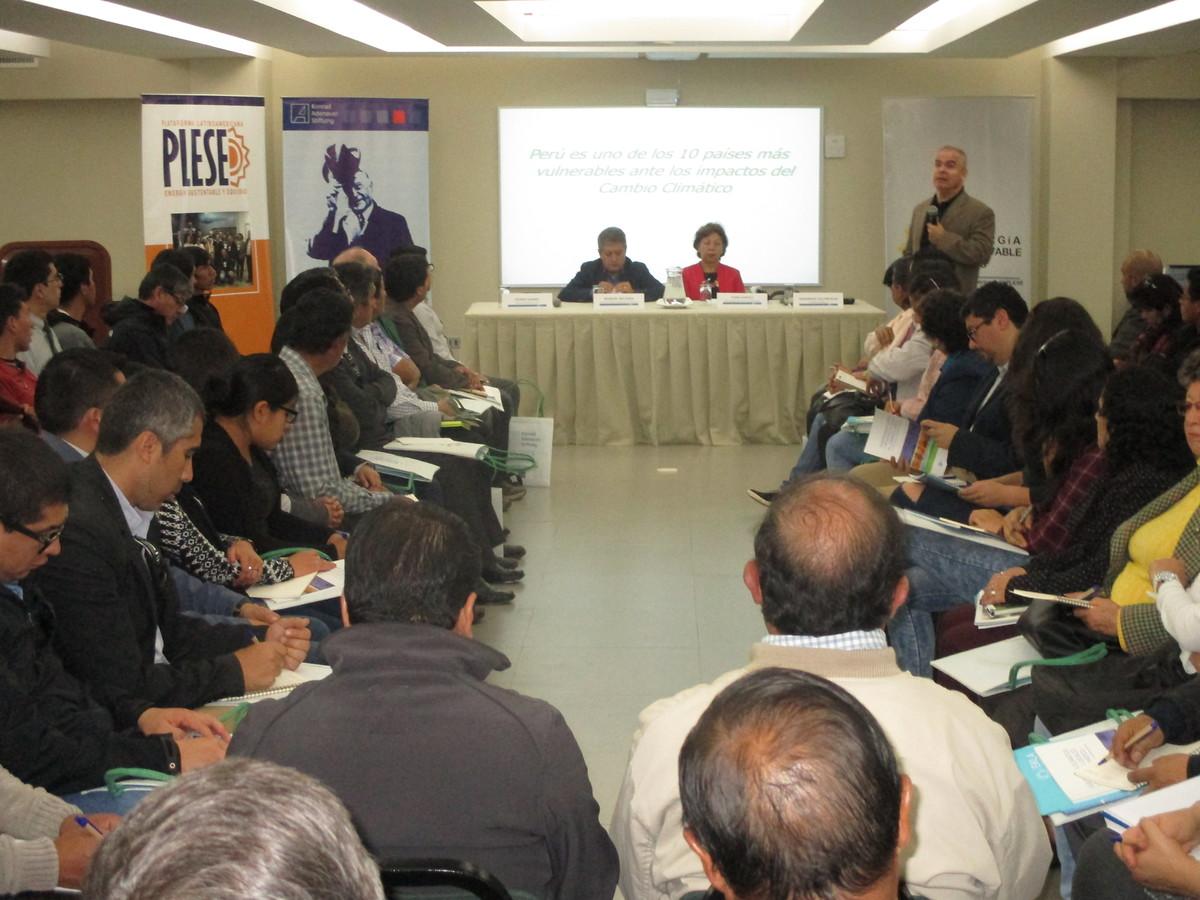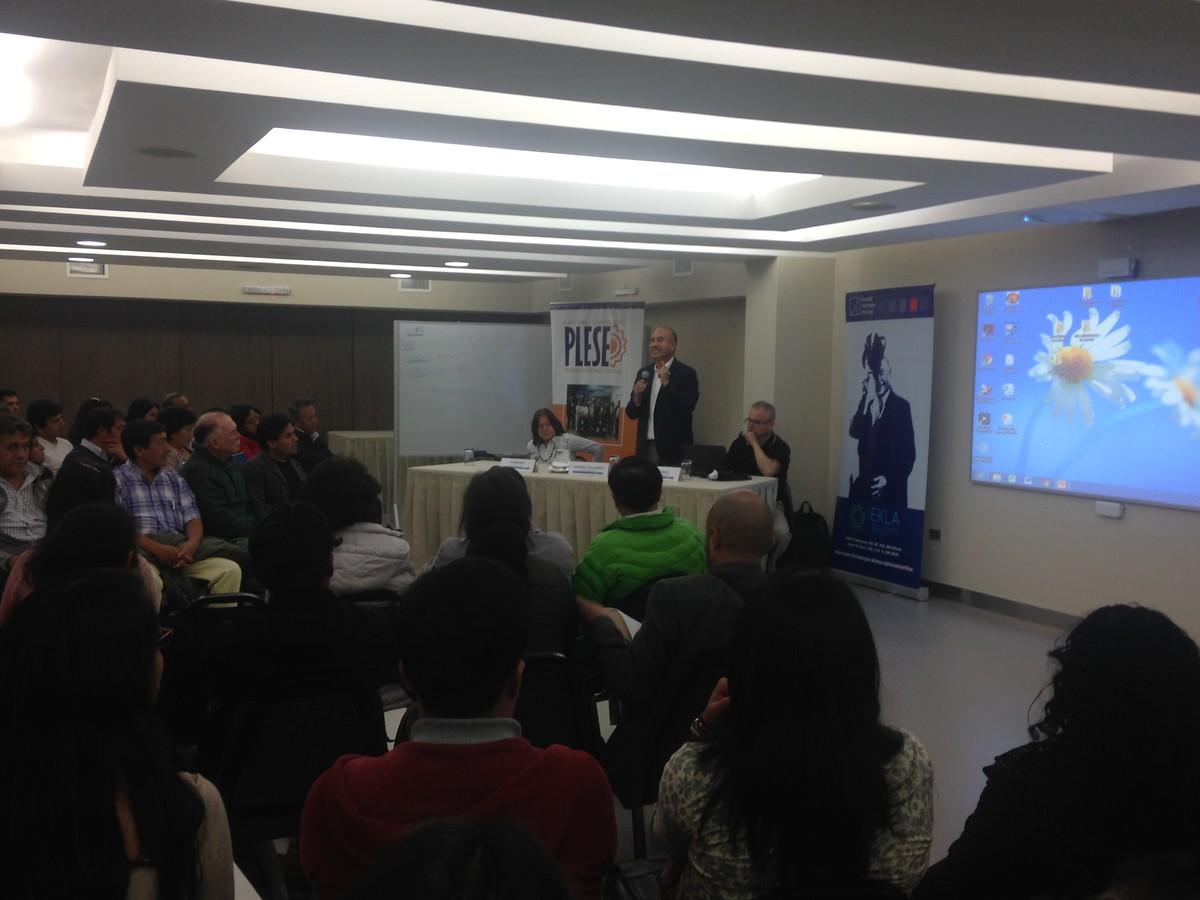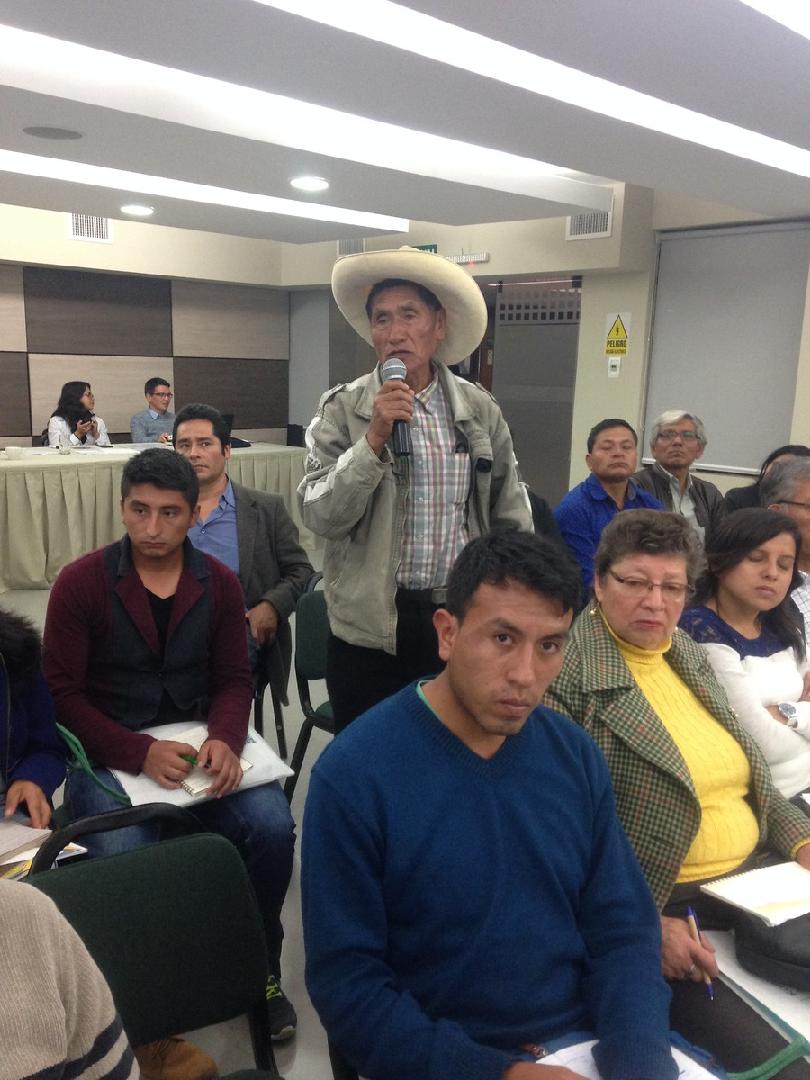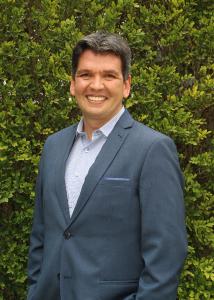Event reports
Opening
In his presentation, Congressman Armando Villanueva (President of the Energy and Mines Commission) mentioned that the social conflicts are the main obstacle for the benefits of mining to become a reality in Cajamarca (second place in world production of silver and copper; fourth in Zinc). This region falls short in such fundamental issues as education, health, infrastructure, etc., as well as in achieving a balance between urban development, the preservation of traditional architecture (roofs, narrow streets), and the countryside that gives Cajamarca a special attraction not only for tourism but also for its regional identity.
This need to reflect the economic success of mining in Cajamarca towards its citizens becomes more relevant as the demand for copper and zinc worldwide increases, by the urbanization trend and the upsurge of technological devices. Due to this, it is an inescapable challenge for the government to echo the mining progress in society progress, because, as Congressman Villanueva mentioned, “we are very committed to this task in the Energy Commission.”
At the same time, there were representatives of the Regional Government, the Municipality and the academic sector, such as Mrs.Victoria Ruiz(Director of Social Responsibility at Universidad Nacional de Cajamarca). They cordially welcomed the participants on behalf of their institutions, committing to work together to achieve sustainable development in Cajamarca, seeking to materialize the proposals developed after the workshop in a permanent and participatory effort.
Presentations
Climate change and renewable technology
Pedro Gamio, Energía Renovable Peru
Education is key for reducing youth unemployment rate. At the same time, it is important to be more innovative in the learning field, by taking advantage of the labor market that opens up with new technology. For example, the acquisition of the first space satellite that monitors the national territory (PerúSAT - 1), and the potential jobs such as reading satellite images, remote sensing, etc., to help institutions act more quickly against offenses like illegal logging and mining.
One of the main conditions for Peru to gain access to the OECD group (Organization for Economic Co-operation and Development) is to have wastewater treatment practices. However, one of the main problems in the country is the poor management of water resources due to poor risk management, corruption, and weak articulation between government levels, which intensifies by poor waste management. For example, Peru generates 22 400 tons of waste per day, from which only 50% is adequately disposed in sanitary landfills and even a lower percentage is used in recycling systems or biomass energy generation.
Although there are valuable individual efforts for the use of solar energy in Cajamarca, these are still insufficient for the great potential of this resource. For example, there are some solar water heaters in the roofs of the city of Cajamarca. These help families save $ 13,500 in its 15 useful years, instead of using an electric water heater that multiplies the expense over time, in addition to the GHG emissions it generates.
Sustainable management of solid waste
Albina Ruiz, Ciudad Saludable
Albina Ruiz, Founder ofNGO Ciudad Saludable, presented her organization, which aims at an attitude change towards the problem of inadequate solid waste management; the poverty and the exclusion of more than 4 million families dedicated to the recycling economic activity in Latin America.
Ciudad Saludable was born as an agent of change on the following premises:
- The trash stays where the poor people live.
- If recyclers are human beings as everyone, why do they have to look for their food in the garbage?
- Why is it accepted that governments are inefficient to provide a public service?
Against this backdrop, she made a call “to be aware that we are citizens of Cajamarca, Peru and this planet called Earth. If we are not aware of this, we will always be waiting for someone else to do something ...”
She emphasizes the importance of having “attitudes, habits and good practices regarding consumption and the waste they generate through the greatest transformation tool: education. Not only in knowledge but also in values, so that ‘we set the example first.’” Once we set the example, have the courage to go enquire the authority, think of responsibilities rather than of rights; and then, when things are done right (reduce consumption, recycle, reuse, segregate, compost, etc.), to be able to demand these from others.
Experience implementing technologies in renewable energies
Benito Ramirez, Soluciones Prácticas
Benito Ramírez presented the Organization Soluciones Prácticas, whose mission is to contribute to the eradication of poverty by developing people's capacities, improving access to technical options and knowledge, and working with the population to include in the social, economic, and institutional systems actions to favor innovation and technology. Their work in renewable energies focuses on the development of capacities around the energy, as well as in the implementation of projects of sustainable access, productive use of energy, and development of intervention models. The results include 30 rural schools implemented (19 in Cajamarca) that have solar energy, clean hot water, sanitation, satellite internet access, and ICT equipment. Soluciones Prácticas is part of a group whose objective is to contribute with proposals and strategic actions aimed at achieving the sustainable development of energy in Peruvian regions.
Plenary for the creation of “Red de Ciudadanos de Cajamarca frente al Cambio Climático” (Network of Citizens of Cajamarca towards Climate Change”)
As per usual, in the second part of the event there was an open debate, seeking everyone’s opinion and, based on these, create a “Platform Coordinating Committee” to develop a 12-month work plan involving all institutions. This work plan will enrich each of the involved institutions (universities, local and regional government, NGOs, consultants and youth networks) and will take into account the importance of interacting with rural leaders to coordinate activities together, with the aim of uniting the countryside and the city. The organization Soluciones Prácticas will serve as a local partner in Cajamarca and will be in charge of coordinating the platform along with the youth network, who will be in charge of convening, organizing and directing future meetings.
Go to the following links for the reports on the seminars carried out in:










